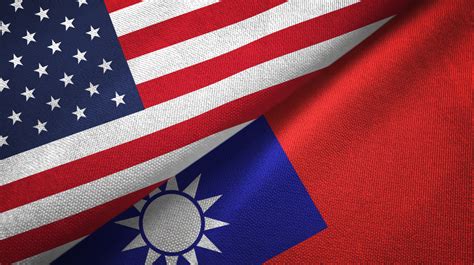By Reuters
WASHINGTON—The United States and Taiwan next week will hold a second session of an economic dialogue launched last year in the face of increasing pressure on the island from China, the State Department said on Friday.
The announcement comes days after a virtual meeting between U.S. President Joe Biden and Chinese leader Xi Jinping. After the meeting, Xi warned that supporters in the United States of Taiwanese independence were “playing with fire.”
A State Department statement said the U.S. undersecretary for Economic Growth, Energy, and the Environment, Jose Fernandez, will lead the second U.S.–Taiwan Economic Prosperity Partnership Dialogue on Monday.
It said the dialogue would be conducted under the auspices of the American Institute in Taiwan (AIT) and the Taipei Economic and Cultural Representative Office (TECRO) in the United States, which act as respective unofficial embassies.
“Our partnership is built on strong two-way trade and investment, people-to-people ties, and in common defense of freedom and shared democratic values,” the statement said.
Taiwan’s Foreign Ministry said the virtual meeting would be led from its side by Economy Minister Wang Mei-hua and Science and Technology Minister Wu Tsung-tsong.
Taiwan hopes the dialogue may lead eventually to a free-trade agreement with the United States and hailed last year’s inaugural meeting as a step forward.
It was part of increased U.S. engagement with Taipei under former President Donald Trump that the Biden administration has continued, to the anger of Beijing, which claims Taiwan as its own.
Read More From The PatriotAmerican
The two sides held long-delayed talks on a Trade and Investment Framework Agreement virtually in July, and Taiwan said it hoped it would be possible to sign an FTA one day.
Last year, Taiwan’s government lifted a ban on the import of pork containing a leanness-enhancing additive, ractopamine, removing a major stumbling block to a deal with Washington, but is due to hold a referendum on the issue in December.
Taiwan is a major producer of semiconductors, a shortage of which has roiled supply chains globally and affected automakers in particular, concerning Washington, which has pressed Taiwan to speed up chip production.

